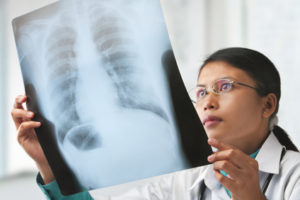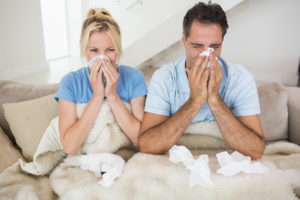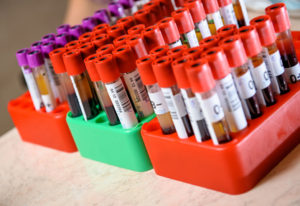When The Place That’s Supposed To Make You Better Makes You Sicker – What To Know About Hospital Mold Infestations

When The Place That’s Supposed To Make You Better Makes You Sicker – What To Know About Hospital Mold Infestations
Where do you turn when the healthcare system causes you to become even sicker? A recent story out of Seattle illustrates why NYC mold removal is so important for medical facilities.
History of Mold-Related Illnesses
In November 2019, Seattle Children’s Hospital temporarily closed most of its operating rooms to install a new rooftop air handler and in-room HEPA filters. Sadly, this move came only after 14 patients developed aspergillosis over an 18-year period. Six cases resulted in fatalities.
Aspergillus is a common species of mold and one of the forms referred to as “toxic.” While most people experience no problems inhaling Aspergillus spores, those with preexisting lung conditions or compromised immune systems are at risk for developing infections known as aspergillosis.
One Patient’s Experience
Complaints from hospital employees about poor maintenance of the ventilation system came to light in a 2005 lawsuit involving a 12-year-old patient who became ill after successful brain surgery. Testing revealed that her spinal column was filled with Aspergillus mold, which necessitated a five-year course of antifungal medication.
Despite treatment and a long-term stay in rehabilitation, the patient was left with permanent disability. Testimony in the lawsuit included sworn statements from members of the hospital’s building and engineering department describing the mold- and debris-filled condition of the ventilation system.
Protect Your Health with Effective NYC Mold Removal
Mold has no respect for hospitals, restaurants or family homes. Contact Stern Mold to schedule a free inspection by our cheerful and experienced NYC mold removal technicians.




